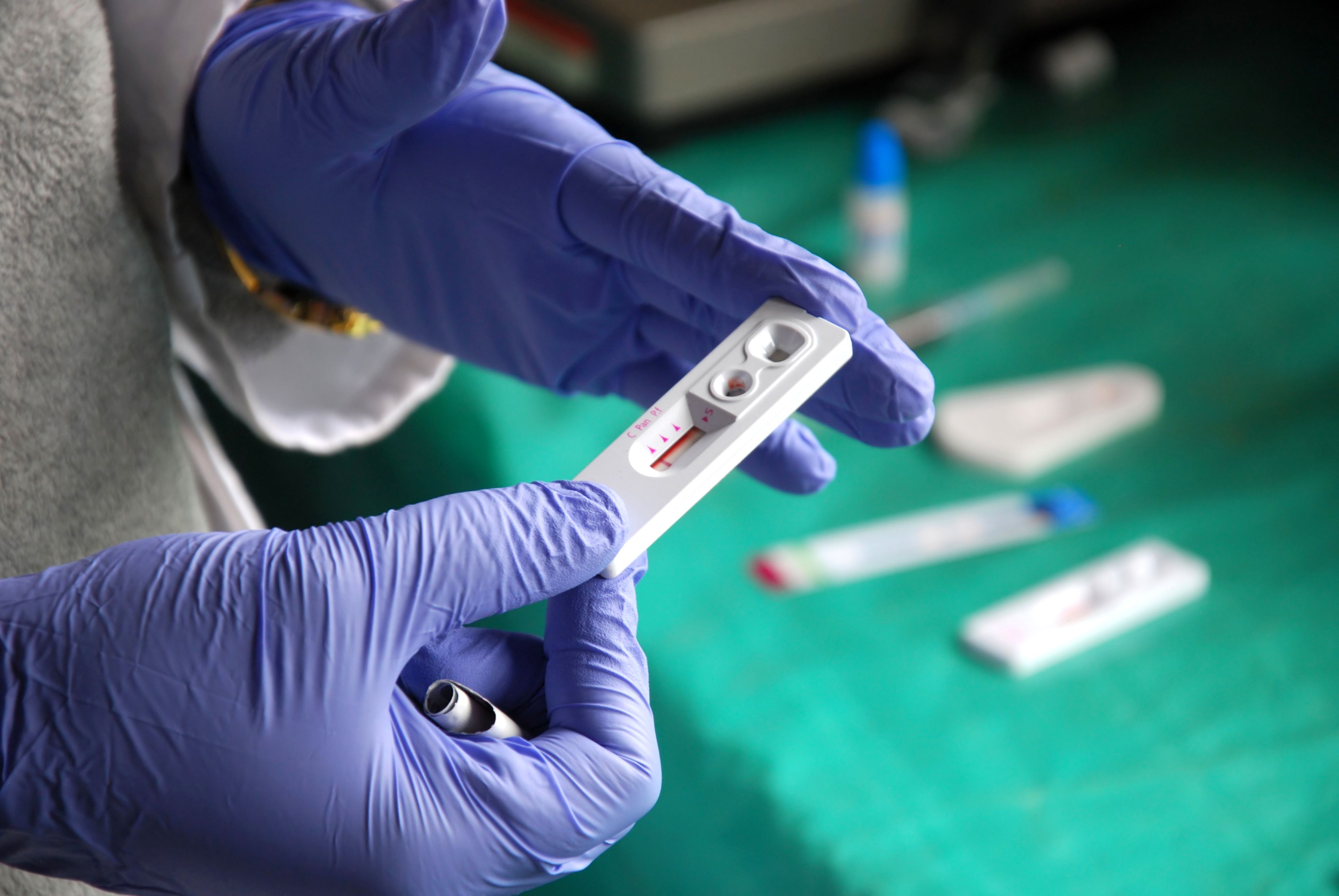Article
Positive Factors in Youth Linked To Better Heart Health Later in Life
Children with favorable psychosocial experiences may have better cardiovascular health in adulthood.
PRESS RELEASE
DALLAS, January 12, 2015 — Children with favorable psychosocial experiences may have better cardiovascular health in adulthood, according to new research in the American Heart Association journal Circulation.
Positive psychosocial factors include growing up in a family that practices healthy habits, is financially secured, is a stable emotional environment, and where children learn to control aggressiveness and impulsiveness and fit in socially.
In a Finnish study, participants with the most psychosocial advantages in youth scored higher on an ideal cardiovascular health index in adulthood than those with the least psychosocial advantages.
To calculate “ideal cardiovascular health”, researchers used the American Heart Association’sLife’s Simple 7: being active, controlling cholesterol, eating healthy, controlling blood pressure, losing weight, reducing blood sugar and stopping smoking.
Results from the study revealed those with the most psychosocial advantages in childhood had:
- 14 percent greater chance of being at normal weight as an adult;
- 12 percent greater chance of being a non-smoker as an adult; and
- 11 percent greater chance to have a healthy glucose level as an adult.
“The choices parents make have a long-lasting effect on their children’s future health, and improvement in any one thing can have measurable benefits,” said Laura Pulkki-Råback, Ph.D., study senior author and research fellow at the University of Helsinki in Finland. “For instance, if an unemployed parent gets steady employment, the effect may be huge. If he or she also quits smoking, the benefit is even greater. All efforts to improve family well-being are beneficial.”
Researchers initiated the project with 3,577 children ranging in age from 3-18. They measured six factors: socioeconomic status, emotional stability, parental health behaviors, stressful events, self-regulation of behavioral problems and social adjustment. Twenty-seven years later, researchers assessed 1,089 of the participants 30-45 years old to determine their level of ideal cardiovascular health.
Favorable socioeconomic status and self-regulatory behavior, meaning good aggression and impulse control, in youth were the strongest predictors of ideal cardiovascular health in adulthood.
Early experiences appear to have cardiovascular health benefits for all people. The results also highlight the importance of early life stages — periods during which other studies have proven cardiovascular diseases begin to root.
“Scientific evidence supports the fact that investing in the well-being of children and families will be cost effective in the long run because it decreases healthcare costs at the other end of life (old age),” she said. “The knowledge is out there, and now it is a question of values and priorities.”
Co-authors are Marko Elovainio, Ph.D.; Christian Hakulinen, Ph.D.; Jari Lipsanen, M.A.; Mirka Hintsanen, Ph.D.; Markus Jokela, Ph.D.; Laura D. Kubzansky, Ph.D.; Taina Hintsa, Ph.D.; Anna Serlachius, Ph.D.; Tomi Laitinen, M.D.; Katja Pahkala, Ph.D.; Vera Mikkilä, Ph.D.; Nina Hutri- Kähönen, M.D.; Markus Juonala, M.D.; Jorma Viikari, M.D., Ph.D.; Olli Raitakari, M.D. and Liisa Keltikangas-Järvinen, Ph.D. Author disclosures are on the manuscript.
The Academy of Finland, the National Institute of Health and Welfare in Vaasa and HelsinkiTurku University Hospital and other sources funded the study.
Additional Resources:
- American Heart Association Defines 'Ideal' Cardiovascular Health, Sets New Goal to Focus On Improving Health Factors and Lifestyle Behaviors
- People at lower socioeconomic levels have higher death rates within five to 10 years after heart surgery, regardless of race, gender
- Researcher photo, AHA Physical Activity Recommendation Graphic, Heart Illustrations and children participating in physical activity photos are all available on the right column of this news release link: http://newsroom.heart.org/news/positive-factors-in-youth-linked-to-better-heart-health-later-in-life?preview=44a812a116b4ce4f80c08bb122d67e12
- Follow AHA/ASA news on Twitter @HeartNews.
- For updates and new science from Circulation, follow @CircAHA.
###
Statements and conclusions of study authors published in American Heart Association scientific journals are solely those of the study authors and do not necessarily reflect the association’s policy or position. The association makes no representation or guarantee as to their accuracy or reliability. The association receives funding primarily from individuals; foundations and corporations (including pharmaceutical, device manufacturers and other companies) also make donations and fund specific association programs and events. The association has strict policies to prevent these relationships from influencing the science content. Revenues from pharmaceutical and device corporations are available atwww.heart.org/corporatefunding.
Newsletter
Stay informed on drug updates, treatment guidelines, and pharmacy practice trends—subscribe to Pharmacy Times for weekly clinical insights.






